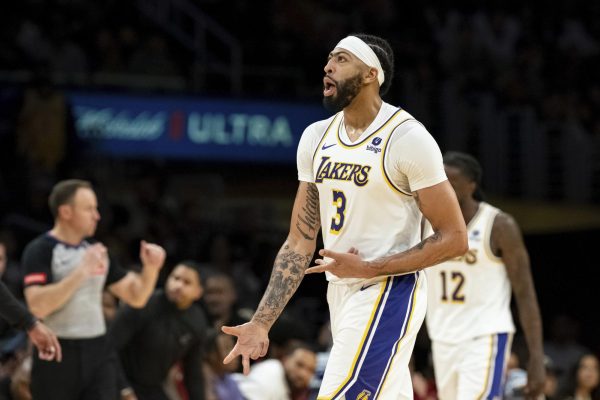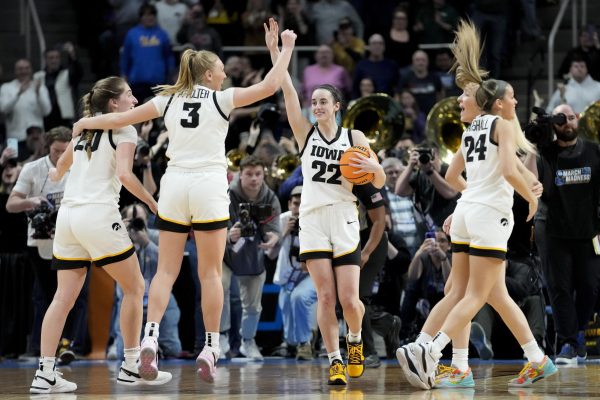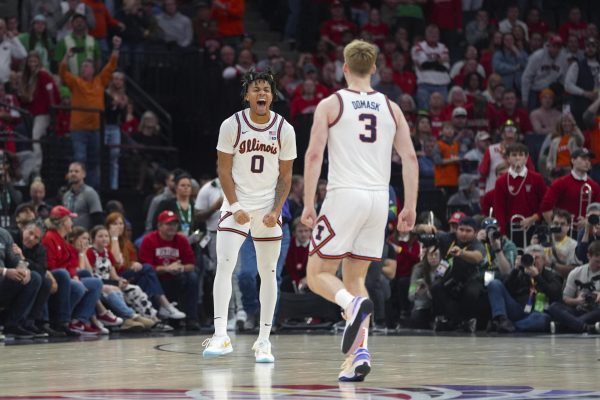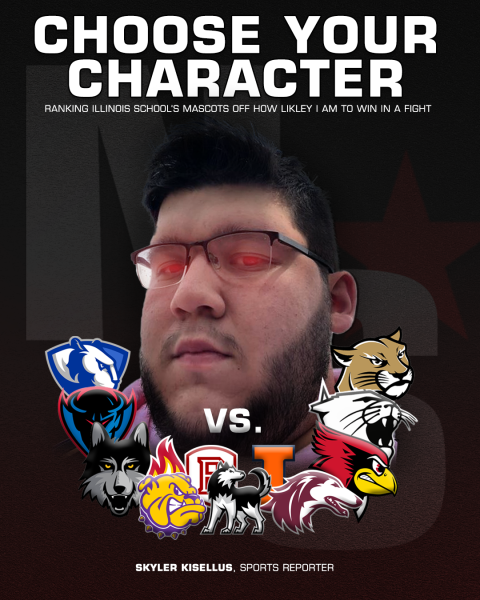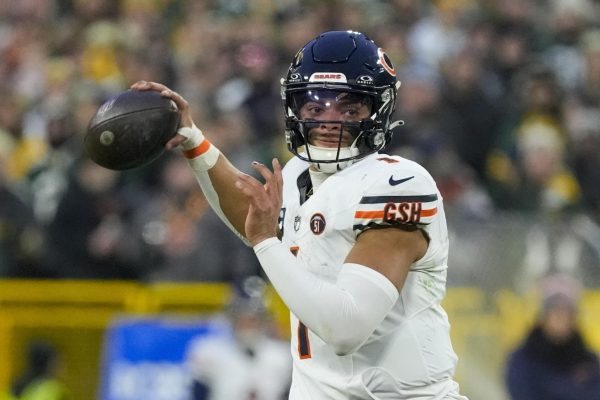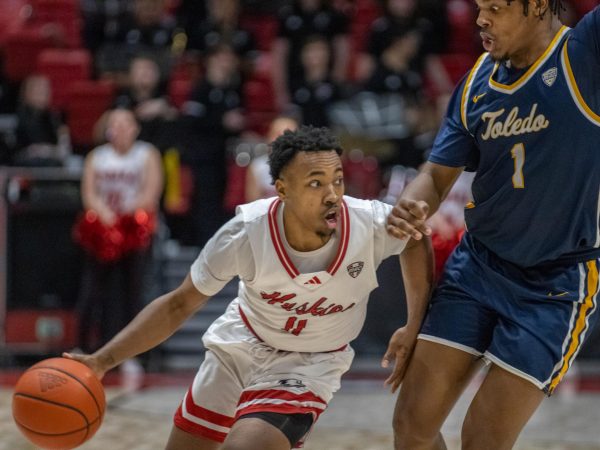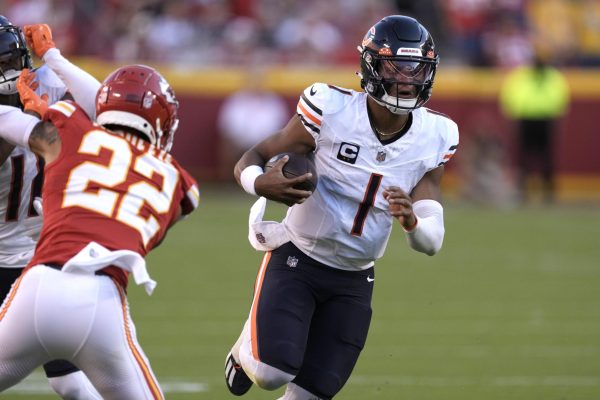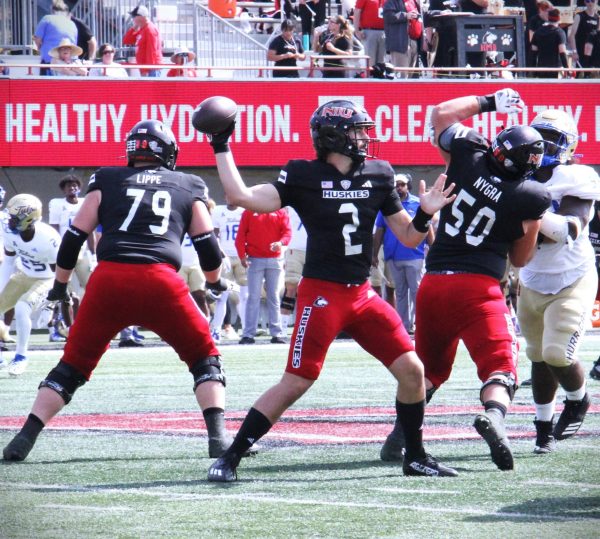Abrupt coaching changes damage college football
New LSU football coach Brian Kelly gestures to fans after his arrival at Baton Rouge Metropolitan Airport, Tuesday, Nov. 30, 2021, in Baton Rouge, La. Kelly, formerly of Notre Dame, is said to have agreed to a 10-year contract with LSU worth $95 million plus incentives.
December 6, 2021
The coaching carousel in the final weeks of the 2021 college football season may go down as some of the all-time biggest moves in the history of college sports.
University of Southern California head coach Lincoln Riley and Louisiana State University head coach Brian Kelly shifted the landscape of the sport as we know it. Both coaches left their former teams with little warning this past weekend for new jobs. The two coaches left some of the most pristine jobs in college football history, but the most abhorrent part of the whole process was their decisions to leave before their teams’ respective bowl games.
The reports first came in on Nov. 28 that Riley, the now former head coach at the University of Oklahoma, was leaving the Sooners for the vacant head coaching position at USC.
Riley established himself as one of the best offensive play callers in the game when he joined the Sooners in 2015, eventually taking over as head coach in 2017. During that span, Riley coached quarterbacks Baker Mayfield, Kyler Murray and Jalen Hurts to Heisman Trophy-caliber seasons, with Mayfield and Murray actually winning the award in 2017 and 2018, respectively.
The Sooners made the College Football Playoffs three times with Riley as the head coach but never made it out of the semifinals. Riley’s move to USC comes as a huge surprise as Oklahoma has been a powerhouse in the Big 12 Conference. The Sooners have been in contention for a playoff spot almost every year since the creation of the CFP back in 2015. This move comes at a terrible time for Oklahoma, who announced in July their plan to move to the Southeastern Conference in 2025.
Riley was reportedly “on board” with the decision to move to the SEC, OU’s athletic director Joe Castiglione said Monday during a news conference. Riley’s decision now makes for an even worse look, as he made a commitment to the program to be there for the long haul.
Kelly left the University of Notre Dame after 11 seasons, going out as the all-time winningest head coach in program history. Kelly has never won a National Championship with the Fighting Irish but has gotten close, reaching the championship game once back in 2013. The Fighting Irish entered this season coming off their first CFP appearance since 2018 and still have a slight chance of returning this year.
The potential to make the playoffs is what makes this move by Kelly even more egregious than Riley’s. With the Sooners not playing in the Big 12 Championship Game, there was no chance for Oklahoma to qualify for the CFP. Notre Dame, with an 11-1 record, set itself up to have a solid chance of making the playoffs and could qualify if certain games break their way during championship week.
Kelly’s departure all but sealed the fate of the Fighting Irish’s postseason hopes.
“Once the championship games wrap up…the protocol does include the ability for the committee to consider a player or coach not being available,” committee chair Gary Barta told ESPN after Tuesday night’s playoff rankings were revealed. “Should that have an effect on the outcome of a game, that can be considered. At that point, we’ll have to wait and see how that factors in.”
The NCAA is also to blame for what’s happening to the Sooners and Fighting Irish. Due to the recruitment period for high school players opening Jan. 1, coaches feel the need to get an early start at the cost of the current players they are coaching. The NCAA either needs to establish guidelines for the future to block recruiting until after the season or prevent coaches from leaving before a bowl game so situations like these can be avoided in the future.




